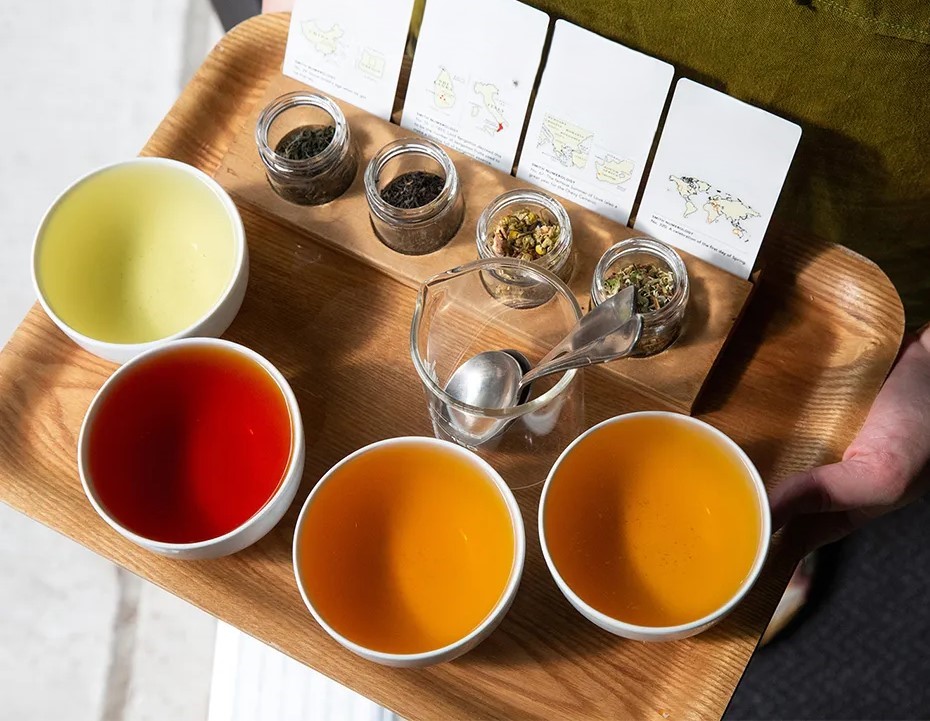Matcha Tea
Matcha tea is a vibrant green powdered tea made from finely ground, shade-grown tea leaves, primarily from the Camellia sinensis plant. Originating from Japan, matcha has been an integral part of traditional Japanese tea ceremonies for centuries.
The production of matcha involves shading the tea plants for several weeks before harvest to increase chlorophyll levels and promote the development of amino acids, particularly L-theanine. After harvesting, the leaves are carefully steamed, dried, and stone-ground into a fine powder, resulting in a concentrated form of tea that retains its natural nutrients and antioxidants.
Matcha tea is prized for its numerous health benefits, which stem from its high concentration of antioxidants, vitamins, and minerals. It contains catechins, particularly epigallocatechin gallate (EGCG), which are potent antioxidants known for their potential role in promoting heart health, boosting metabolism, and supporting immune function. Matcha also contains L-theanine, an amino acid that promotes relaxation and mental clarity, resulting in a state of calm alertness often referred to as “focused energy.”




